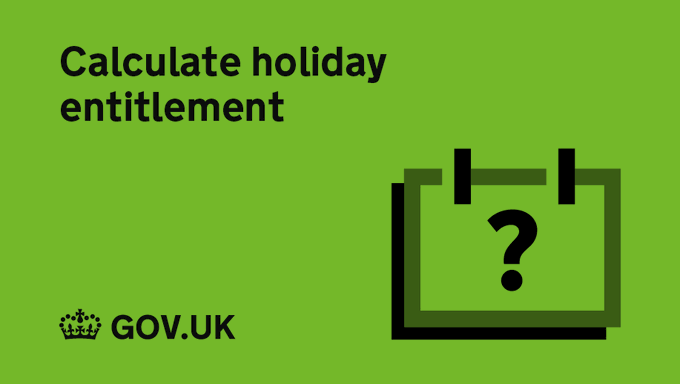The law on holiday pay has changed as of 6-Apr-20
Several landmark cases have changed the law on holiday pay. This affects all workers including Full or part-time employees, Agency workers and zero-hours workers.
The principle is that a worker (employee) should receive the same pay while on holiday as they would at work.
Employers must now follow the new law:
- All workers are legally entitled to 5.6 weeks paid holiday per year
- Calculate holiday pay using a 52-week holiday reference period
- Stop using ‘Rolled-up‘ holiday pay
Does this affect me?
If the answer is yes to any of the questions below, then yes!
- Do any of your employees receive a regular commission, overtime, bonuses, tips or any other variable pay?
- Do you pay holiday pay using 12.07% multiplier?
- Do you have any workers with zero-hour, irregular or no fixed work pattern?
- Have any of your employees had a change in pay?
You must follow the new law. You cannot continue to pay ‘Rolled-up’ holiday pay. You must ensure your workers take 5.6 weeks holiday per year and you must pay them for each holiday taken. Holiday pay requires a complex calculation using a 52-week average excluding unpaid weeks. Because of the complexity, you will need software that can do this for you.
Government launches first holiday pay advertising campaign
In order to ensure workers understand their rights, the government has launched a new Holiday pay campaign. The campaign aims to reach workers and employers through video, Spotify, digital website, social media and as well as adverts in train stations and on the roadside. The other important goal for the government is for employers to understand their legal obligations.


